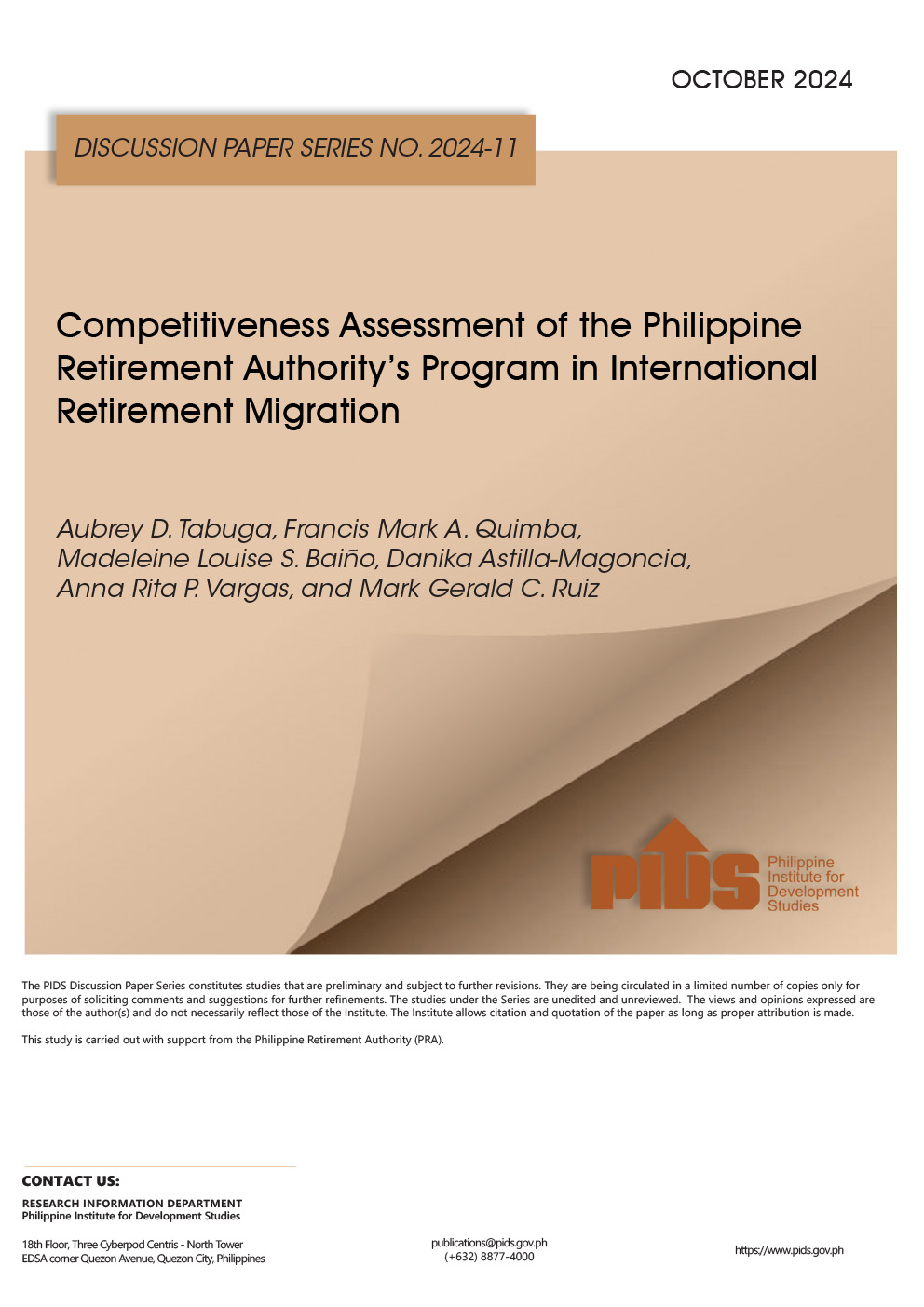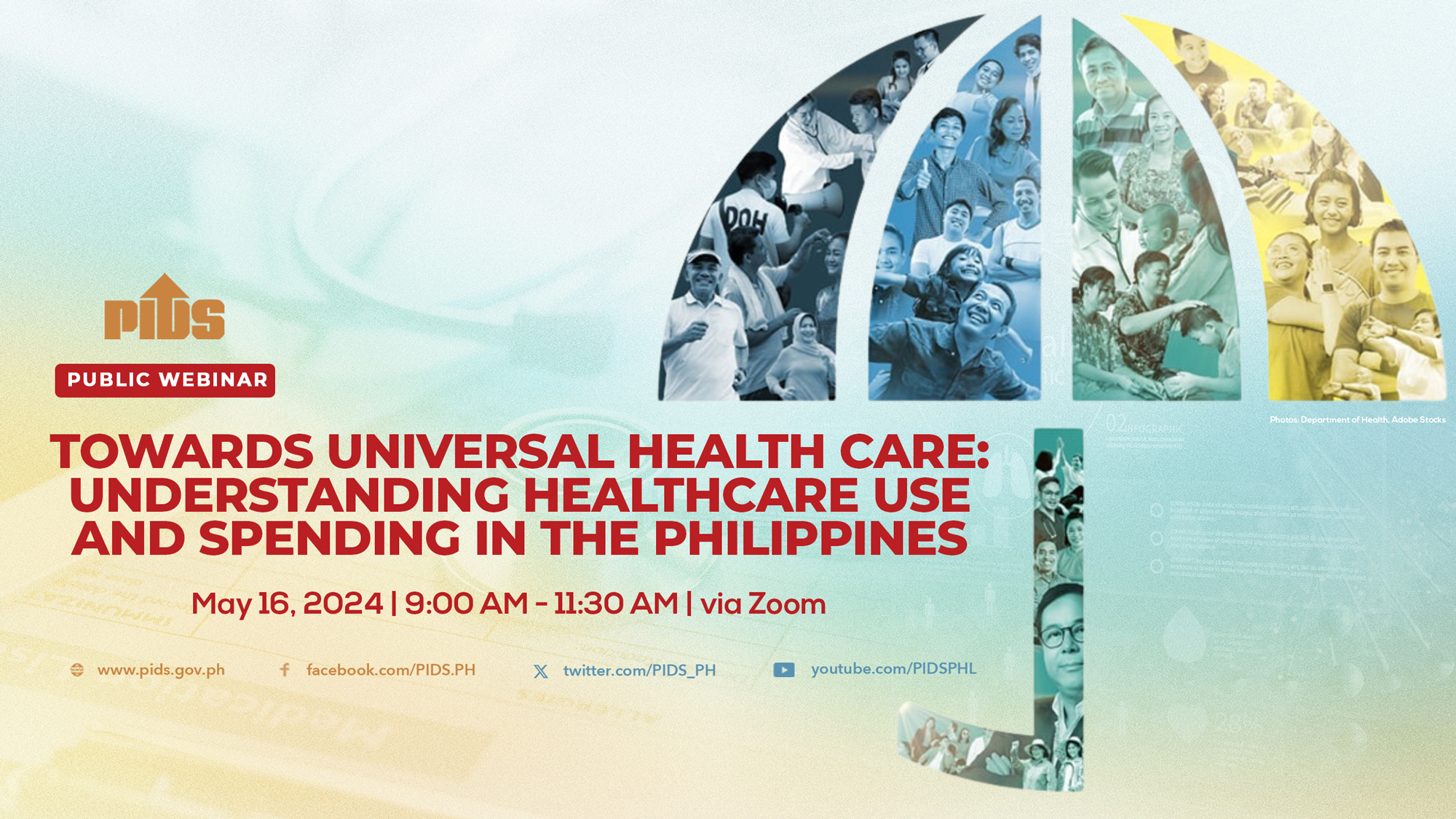Health sector stakeholders gathered at Xavier University in Cagayan de Oro City to discuss some best healthcare innovation practices in a forum organized to encourage adoption of these practices and address persistent disparities in health amid a growing economy.
Four innovative health programs were presented in a roundtable discussion led by the Philippine Institute for Development Studies (PIDS), the government policy think tank tapped by the Washington-based Center for Health Market Innovations for the implementation of the project "Health Market Innovations”.
More than100 participants from local government units, academic institutions, health offices, regional offices of the Philippine Health Insurance Corp., Center for Development offices of the Department of Health, and nongovernment organizations participated in the roundtable discussion last March 6.
PIDS President Gilberto Llanto said health innovations show the creativity of Filipinos in addressing the very large disparities in health. "It is indispensable for the country to deal with the very large underinvestment in health where government health staff stagnated at around 36,000 since year 2000 despite the country’s 1.7 million annual population growth,” he said.
"We need to innovate to achieve the Millennium Development Goals (MDGs) for health,” said Oscar Picazo, PIDS senior research consultant and board chairman of the Philippine NGO Support Program, Inc. "The Health Market Innovations project builds linkages among health innovators, funders, and policymakers. It also provides information for those who do not know that there are funders for better health care delivery,” he added.
One of the health innovations introduced was the EVAcoh Project (Eastern Visayas Area Cooperation in Health). "The project aims to setup and operate social health enterprises using cooperatives’ community development funds,” said Roberto Nebrida, executive director of the Philippine NGO Support Program, Inc.
The EVAcoh Project considers social health enterprises such as cooperative-based pharmacies as an innovative method of investment in the provision of health services and commodities. "EVAcoh social health enterprises have served a total of 10,348 women of reproductive age,” said Nebrida. "Its total sales have reached a whopping PHP6.1 million.”
Another innovation, RTI International’s Wireless Access for Health Project(WAH), recognizes the benefits of wireless connectivity in enhancing health care planning and delivery in rural health units (RHU)."The WAH project uses 3G wireless technology to improve health care by reducing time required for data reporting as well as improving access to accurate patient information at the RHU level,” said Felipe Canlas, RTI International local project coordinator."It helps rural clinicians spend more time for patient care rather than spending half of their time on patient information recording and reporting,” he explained.












